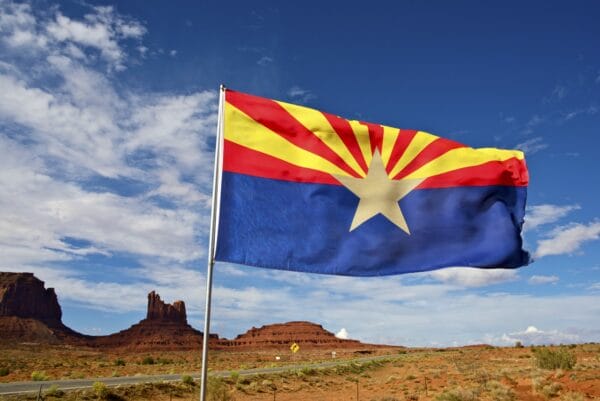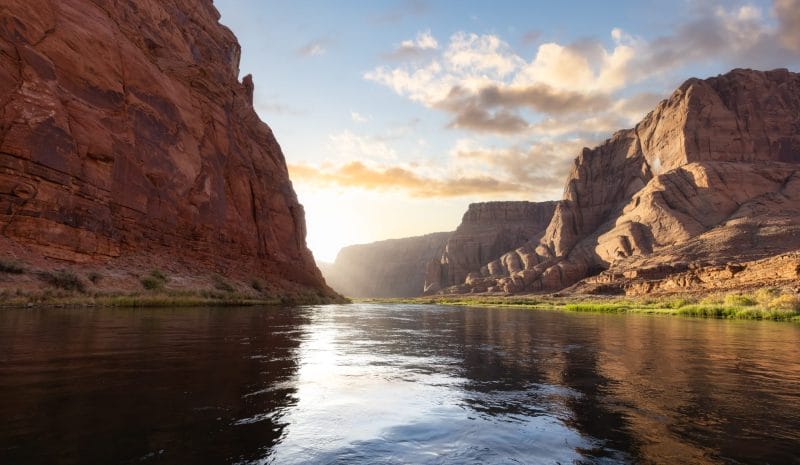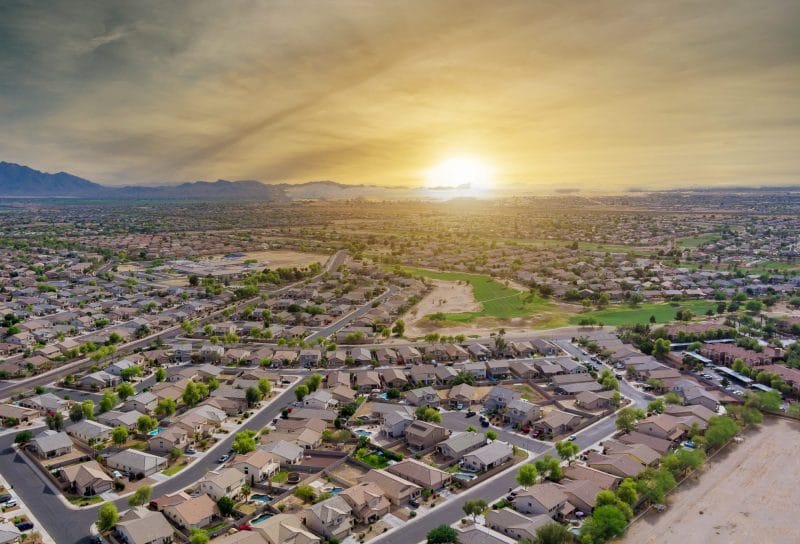Administration officials say the rules are needed to address legitimate concerns related to protecting drinking water and air quality
By Mike Soraghan
E&E Publishing
A Texas congressman has introduced legislation that would block the Obama administration’s rules for hydraulic fracturing on public lands.
First-term Rep. Bill Flores (R), the former head of an oil and gas exploration company, filed the bill (H.R. 6235) last week before the House left for its August recess. The bill has been referred to the House Natural Resources Committee, on which Flores serves.
“If the Obama administration wants to continue to derail safe and efficient domestic energy production, then they must be transparent in their actions and reasoning,” Flores said in a statement, adding that states already regulate drilling.
The bill would block the Bureau of Land Management’s fracking rule until the Interior Department completes a study on how the rule would affect oil and gas production on federal land, the staffing needed to
enforce it, and whether it conflicts with other state and federal regulations.
Oil and gas drillers and their supporters generally prefer that the industry be regulated by state officials, who frequently have a dual mandate to both regulate and promote production.
Environmental groups and many congressional Democrats support increased federal regulation of the oil and gas industry by U.S. EPA, an agency unpopular in the industry.
The BLM fracking rule, as it is often called, was proposed in May by administration officials. It would require public disclosure of chemicals used in hydraulic fracturing on public land and set standards for well design and wastewater disposal.
The Obama administration has extended the comment period on the rule at the request of industry. Heather Zichal, President Obama’s top adviser on energy and climate change issues, told industry officials in June the extension was needed to fix the bill.
But she still expects the rule to be finalized by the end of the year, despite the end of the comment period being moved from July 10 to Sept. 10.
Administration officials say the rules are needed to address legitimate concerns related to protecting drinking water and air quality.
“The only thing that could undermine our ability to take advantage of our natural gas resources would be a failure to demonstrate to the public that we can do that safely and responsibly,” Zichal said.
An earlier draft had provisions even more disliked by industry. One, patterned on Wyoming’s disclosure rule, would have ordered companies to report what chemicals they planned to use before fracturing, in addition to a follow-up report stating what chemicals were used.






